Finding the right bank and financial partner for your small business is not a task to take lightly! Every bank offers a different combination of financial products and services for businesses of all sizes and types. Be sure to consider the following important factors for choosing a bank that meets your small business’ needs!
Is Bigger Actually Better?
Bigger isn’t always better when it comes to banking! Businesses have several types of banks to choose from, from a local to a national level. While the larger number of branches and increased resources are appealing, smaller community banks often offer services and benefits that big banks can’t replicate.
The first of these benefits is their to local market conditions and focus on character and overall profile instead of solely focusing on your credit score. This can make it easier for many to secure the funding they need at a competitive rate, meant to help local businesses thrive. When choosing a smaller community bank, another consideration is the relationship you will build with your banker. As a small business owner, you will be working with them frequently, and a positive relationship can go a long way should you run into some trouble or need extra assistance with the financial aspects of your business.
Which Services Do You Need?
All your business banking needs must be checked off, from the latest banking technology to the basic business account services offered. Nowadays, community banks such as Mechanics Cooperative Bank offer the latest digital business banking services such as mobile check depositing and online bill pay for those busy days you can’t make it into the bank. If these services are something you look for, make sure your bank offers a platform that supports your particular needs.
More importantly, business owners should expect certain essential business banking services at any bank. At a minimum, the essential business account services any bank should provide are:
- Checking Account
- Savings Account
- Debit Cards
- Checks and a Checkbook
- Online and Mobile Business Banking
- Employee Checking Accounts
- Business Lending Products
Be upfront about your needs and make sure you have the full details for each business banking product, including their fees or requirements. While checking account fees are still common, many big and small banks have begun to offer Free Business Checking accounts with no annual fees and essential account benefits. Therefore, shopping around for the account with the right benefits that outweigh the cost by fitting your business needs will ensure you make the most of your business banking resources.
What Are Your Lending Options?
If you’re looking to grow your small business, assess your lending options from the start. Building a relationship with your bank helps establish your legitimacy and reliability, but if there are no lending products available, this will only take your business so far.
When looking into your lending options, at a minimum, look for a line of credit program designed to cover your business’s cycles or provide an extra resource for working capital, should you need it. In addition, consider long-term financing in a term loan to cover the cost of your small business expansion or upgrade plans.
Lastly, if you have plans to apply for an SBA loan, you’ll want to consider developing a relationship with an SBA lender. SBA lenders such as Mechanics Cooperative Bank work with the SBA to provide your business the options to take advantage of several SBA loan programs. To find out if your bank of choice has an SBA loan program, you can check with your contact at the bank on their website or directly with the SBA.
Looking for a bank that fits your small business needs? Mechanics Cooperative Bank’s business banking program checks all the boxes. Contact us today to get started!





